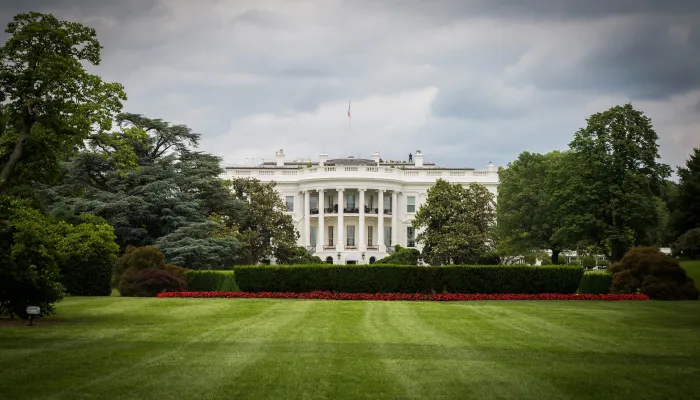Representatives Rice, Barr Introduce Fiscal State of the Nation Resolution
Last week, Representatives Kathleen Rice (D-NY) and Andy Barr (R-KY) introduced a bipartisan bill to make it harder for Congress to ignore the negative consequences of policymakers' fiscal irresponsibility and our nation’s mounting debt.
H. Con. Res. 68, the Fiscal State of the Nation resolution, would invite the Comptroller General of the United States, who leads the Government Accountability Office, to present the nation’s current and projected budget situation to a joint session of the House and Senate Budget Committees. Unlike most committee hearings, any member of the House and Senate could participate, regardless of whether or not they serve on that committee.
Maya MacGuineas, president of the Committee for a Responsible Federal Budget, spoke in favor of the resolution:
With trillion-dollar deficits around the corner, we cannot afford to ignore growing debt that will damage economic growth, slow wage growth, and burden the next generation. Representatives Rice and Barr’s Fiscal State of the Nation bill would help highlight our deteriorating fiscal situation and educate lawmakers about the ramifications of our rapidly growing national debt.
The bill was introduced with significant bipartisan support. Of the 102 original co-sponsors, 60 are Democrats and 42 are Republicans. It is similar to an amendment offered by Representative Derek Kilmer (D-WA) to budget reform legislation during a 2018 markup in the Joint Select Committee on Budget and Appropriations Process Reform. The amendment was adopted unanimously, but the overall legislation failed to advance.
The bill also resembles a measure introduced by Representative Kilmer and then-Representative Jim Renacci (R-OH) during the previous Congress. That bill would have put the Comptroller General before a joint session of Congress, similar to the President’s annual State of the Union address.
We appreciate efforts by Representatives Rice, Barr, and other members to seek bipartisan solutions to our unsustainable long-term debt by inserting transparency into the process. We've also recommended budget process reforms through our Better Budget Process Initiative that would highlight the importance of putting debt on a more sustainable, downward path as a share of the economy. While process solutions alone are not a substitute for the kind of tradeoffs that will need to be made in the form of shoring up entitlement programs, cutting lower-priority spending, and raising needed revenue, they are certainly a step in the right direction.
To read more about the budget process and avenues for reform, please see our Better Budget Process Initiative.


